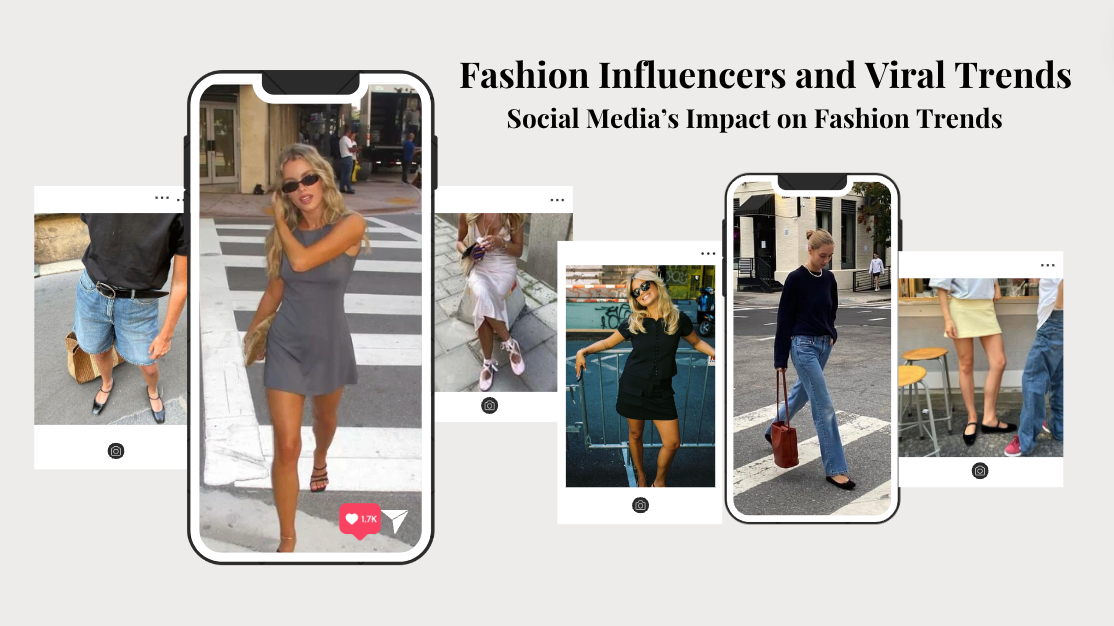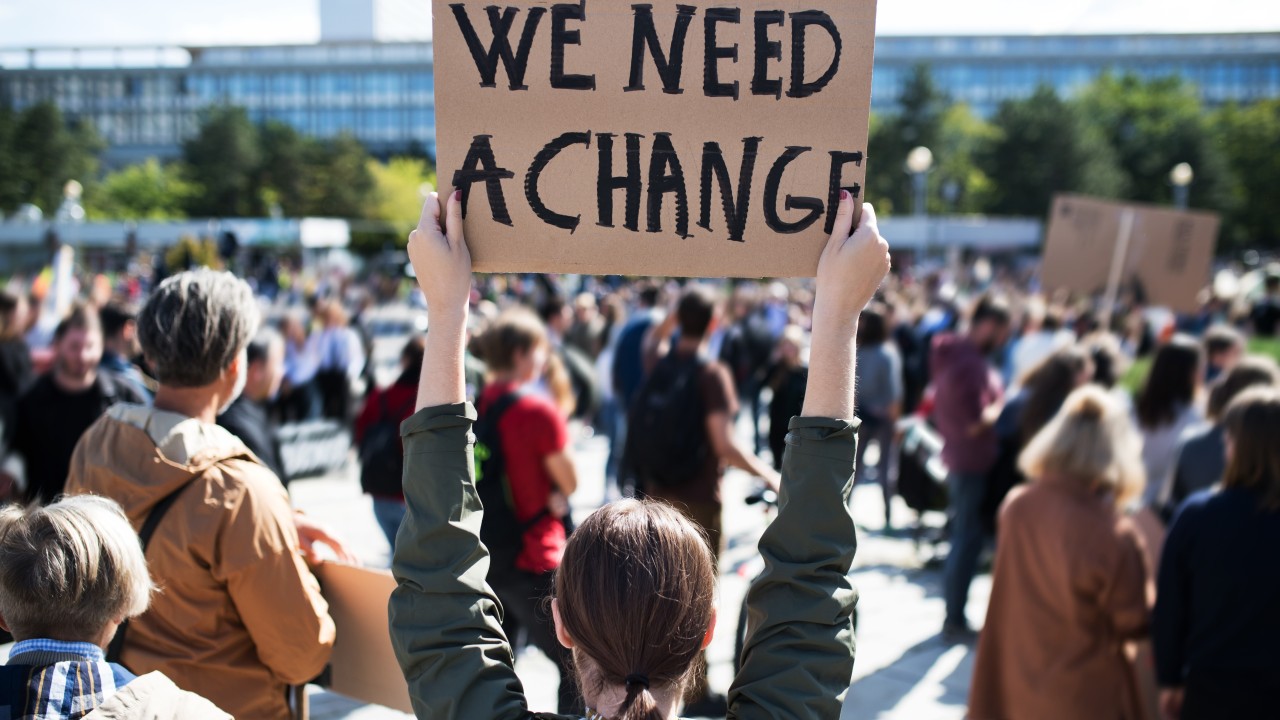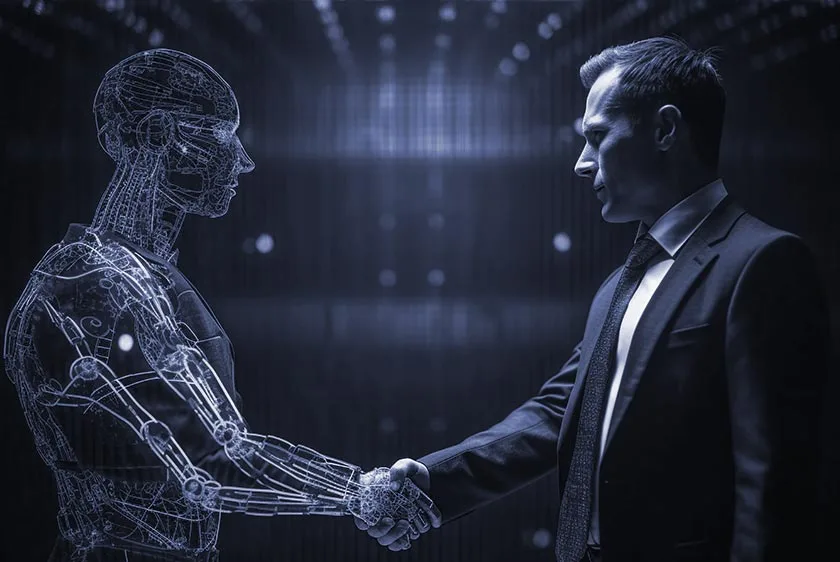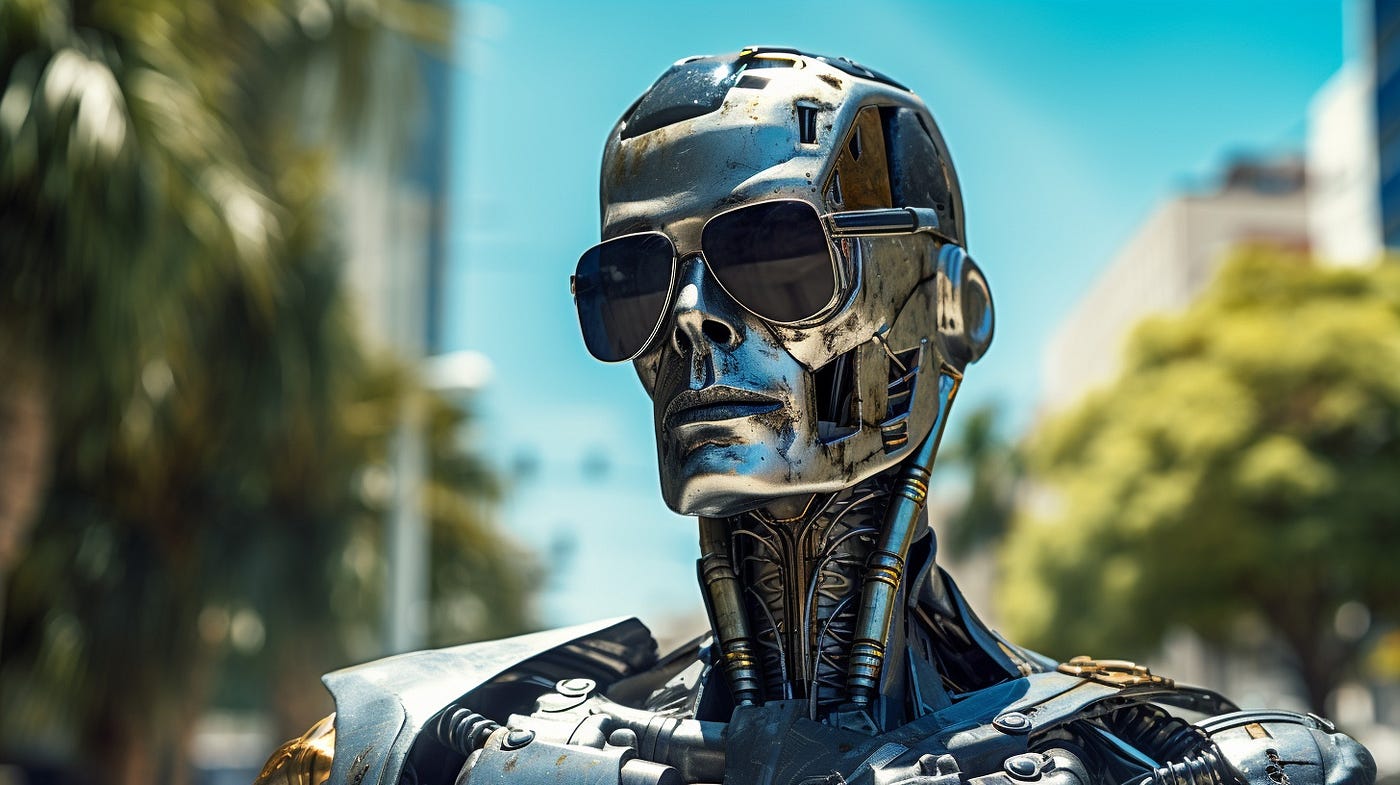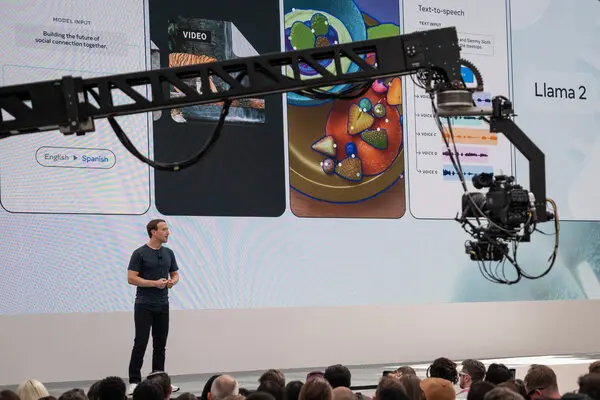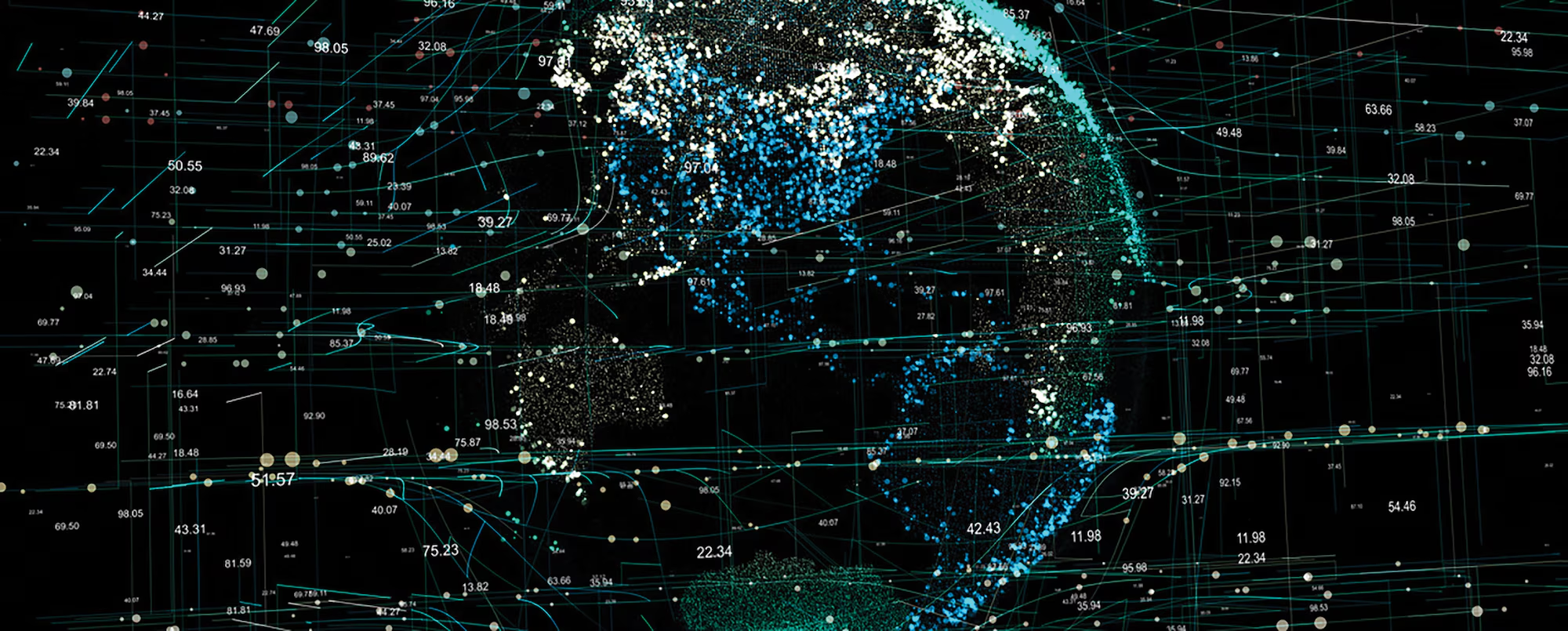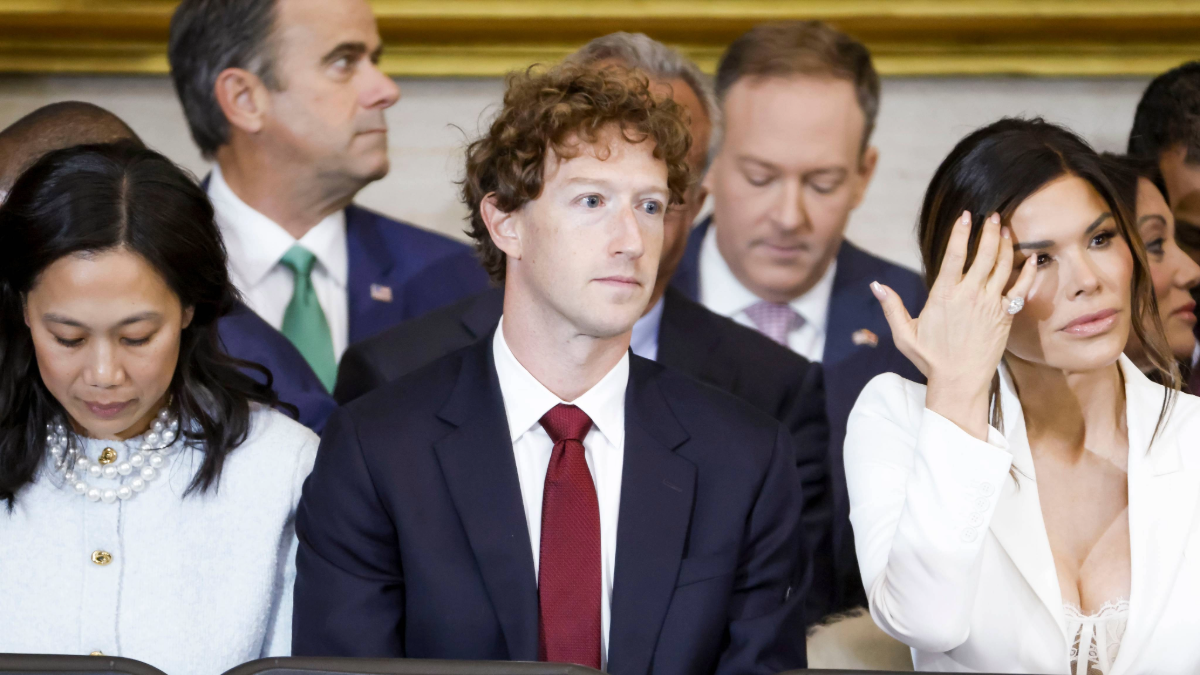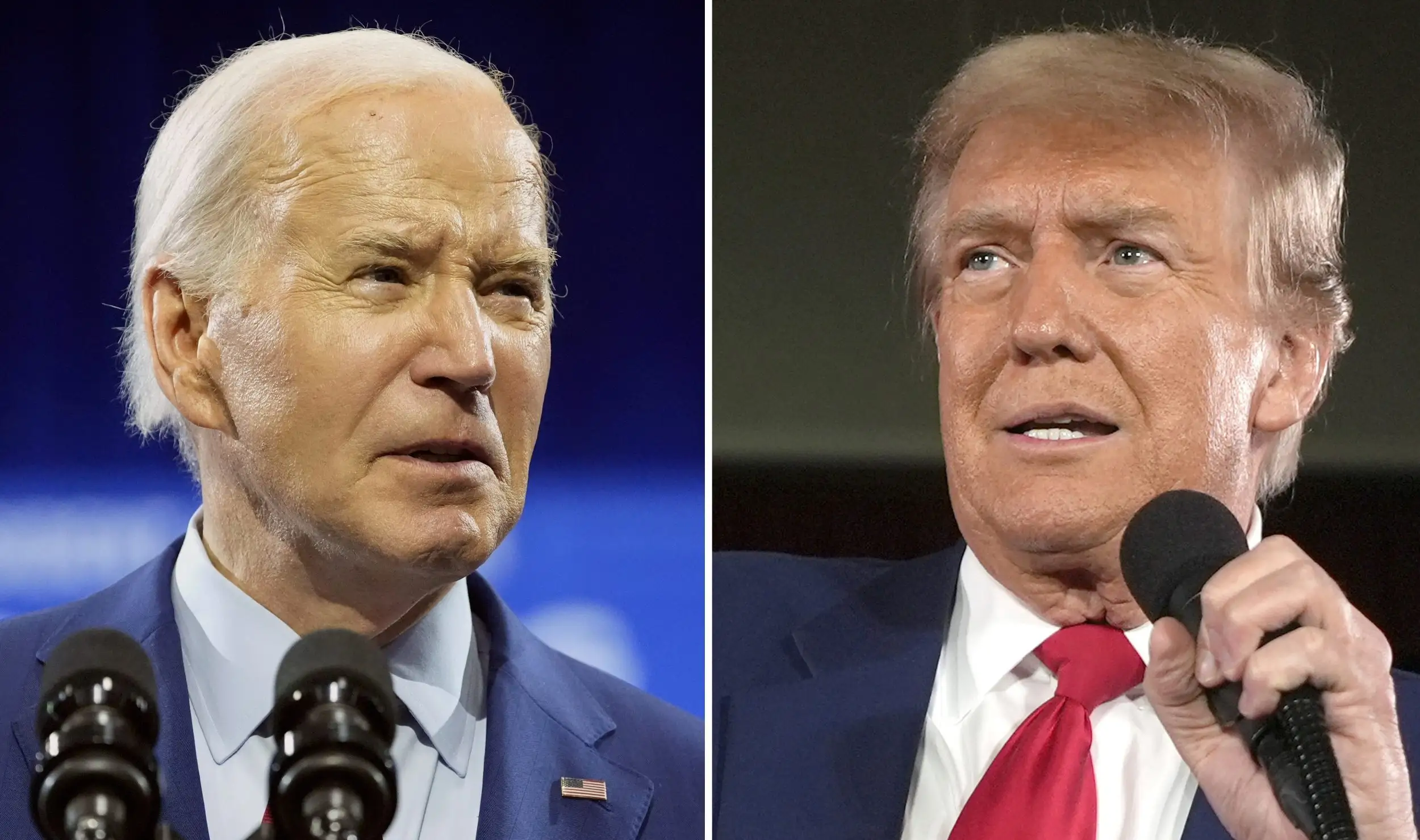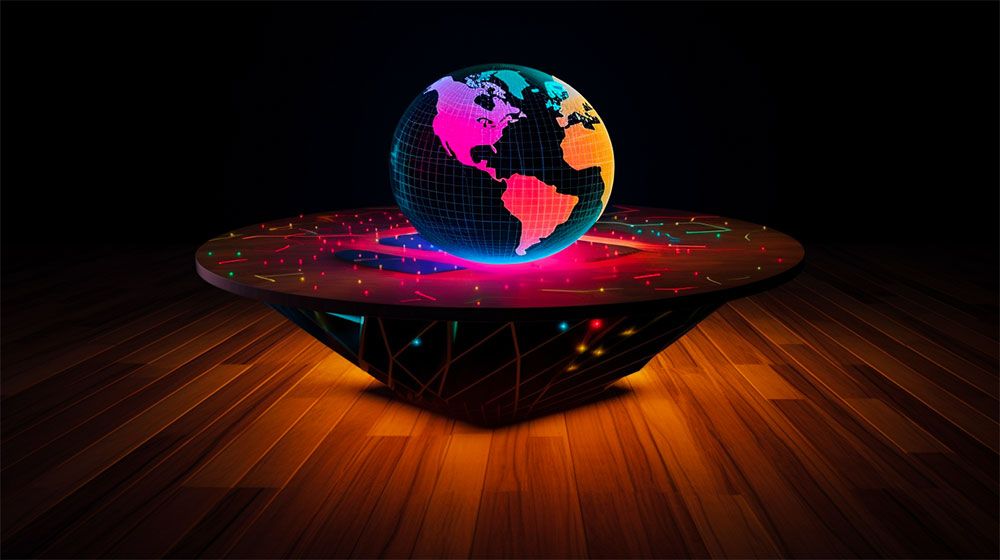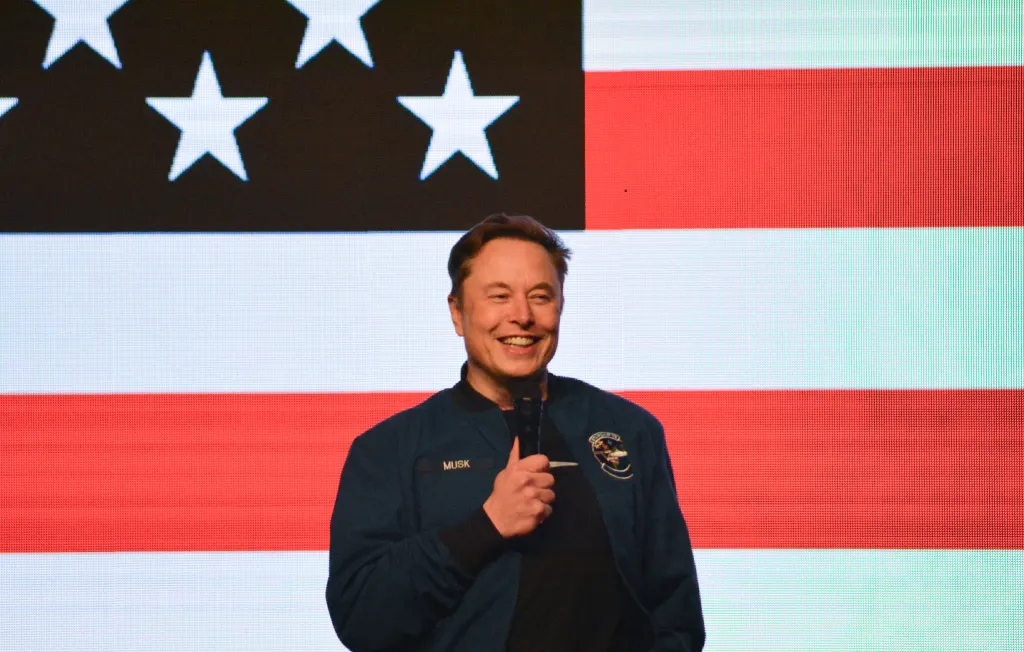From Viral Trends to Policy Shifts: How Social Media Empires Are Driving Global Politics and Celebrity Economies
IntroductionThe digital revolution has turned the world into a stage where tweets can influence trade policies and viral videos can…
From Viral Trends to Policy Shifts: How Social Media Empires Are Driving Global Politics and Celebrity Economies
IntroductionThe digital revolution has turned the world into a stage where tweets can influence trade policies and viral videos can…
The AI Celebrity Economy: How Digital Avatars and Virtual Politics Are Redefining Global Influence
IntroductionIn the race to dominate the digital future, the boundaries between reality and simulation are vanishing. Artificial intelligence has birthed…
Celebrity Tech Investors Pivot into AI-Enabled Global Infrastructure Deals
IntroductionIn the rapidly evolving frontier of artificial intelligence and public infrastructure, a new breed of celebrity investors is stepping into…
MORE NEWS
The Digital Throne: How Technology, Politics, and Celebrity Culture Are Building the Future of Global Power
IntroductionThe 21st century has given rise to a new kind of monarchy—one built not on…
The Global Stage of Digital Influence: How Politics, Technology, and Celebrities Are Converging in a New World Order
IntroductionIn a world where digital platforms dominate information, influence has become the most valuable currency…
AI, Fame, and Power: How Technology Is Redefining Leadership in the Global Age
IntroductionArtificial Intelligence has become more than a technological revolution—it has evolved into a political, cultural,…
The Politics of Innovation: How Tech Giants, Celebrities, and Global Diplomacy Are Rewriting the Rules of Power
IntroductionTechnology has always been a catalyst for change, but in today’s interconnected world, it has…

